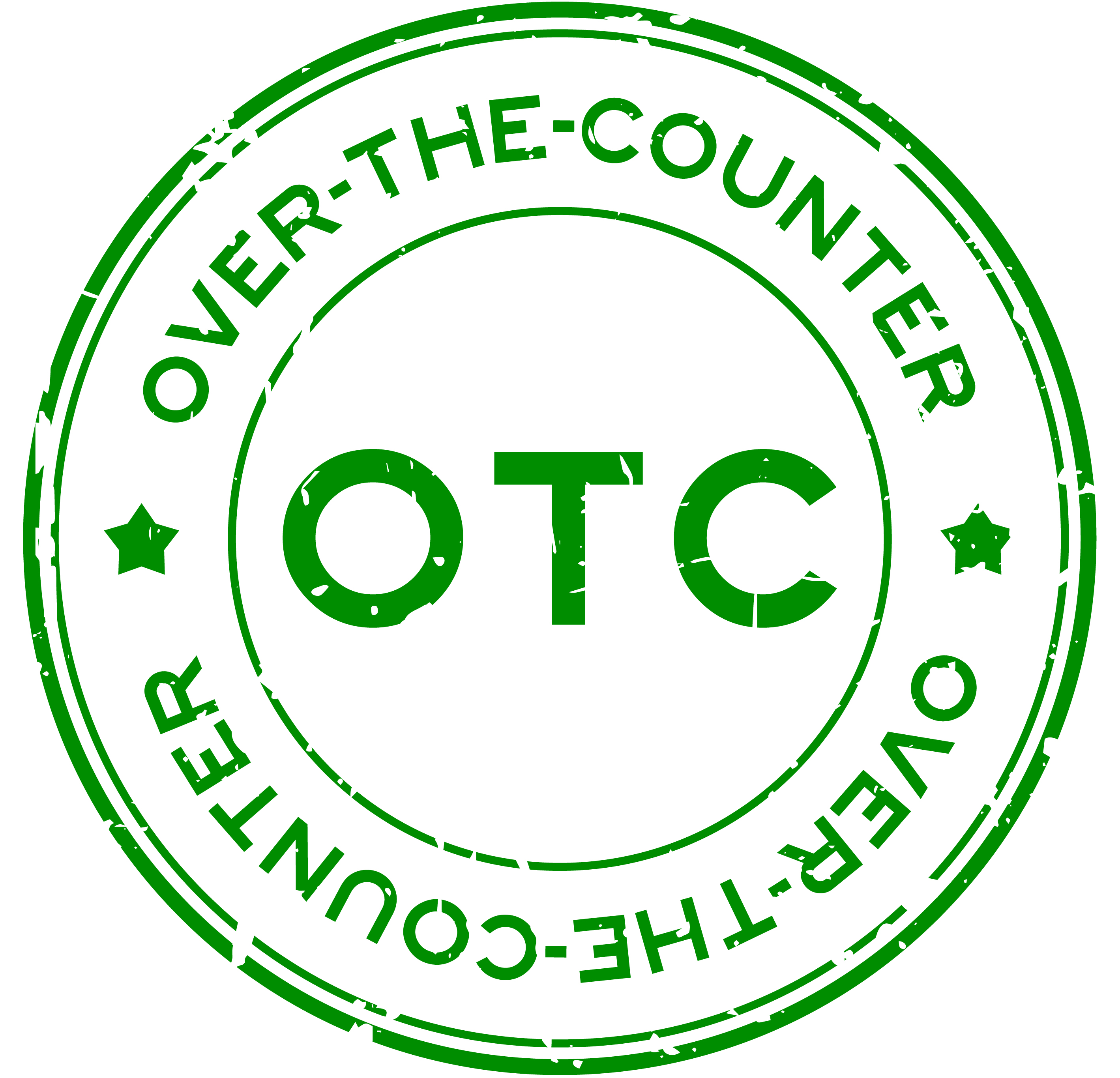At-A-Glance
- Safer and more effective options than PPIs: OTC acid-suppressive medicines like famotidine (Pepcid) work better and have fewer risks than PPIs (e.g., omeprazole, Nexium).
- Alginates for nighttime relief: Alginates such as Gaviscon Advance and RefluxRaft create a protective barrier against reflux, especially when taken before bed.
- Alkaline water for respiratory reflux: Drinking alkaline water and throat spraying (pH 9.5 or higher) can be powerful adjuncts to acid reflux treatment, particularly for those with respiratory symptoms.
Join Facebook Live with Dr. Koufman at noon EDST on the first Wednesday of each Month. If you miss it live, you can also see it on YouTube.
It may come as a surprise, but over-the-counter acid reflux medications can be extremely effective and, at the same time, quite safe. In contrast, proton pump inhibitors (PPIs), which are the most popular class of acid-suppressive drugs, are fraught with side effects and risks. In my opinion, they should not be used—even if your doctor recommends them.
Acid Reflux Medications That Work
H2-antagonists, such as famotidine (Pepcid), are excellent alternatives to PPIs like omeprazole (Prilosec) or esomeprazole (Nexium). Famotidine is highly effective without significant side effects. In addition to acid suppression, alginates—the most popular reflux remedy in the world—help block the lower esophageal valve by creating a “raft” that prevents reflux, particularly at night when reflux is most problematic. This is especially relevant for those experiencing supine nocturnal respiratory reflux (SNoRR) or silent reflux while sleeping.
While antacids such as Tums, Rolaids, and Mylanta can help provide temporary relief of symptoms like heartburn, I don’t consider them a primary treatment option. Instead, I recommend alkaline water, which offers significant benefits for reflux. Alkaline water is also widely available in grocery stores, specialty shops, and online. Alternatively, alkaline water drops provide a convenient way to turn a regular glass of water into alkaline water.
Taking a Closer Look at Over-the-Counter Acid Reflux Medications
H2 Antagonists Like Famotidine and Cimetidine
There are two main classes of acid-suppressive medication: proton pump inhibitors and H2 antagonists (H2As); the latter are safer. Currently, the recommended H2A is famotidine (Pepcid), though the generic is just as effective.
Famotidine is available in 10 mg, 20 mg, and 40 mg doses. For those with significant acid reflux, I recommend 80 mg per day—20 mg first thing in the morning, 20 mg 30 minutes before dinner, and 40 mg before bed. The 40 mg bedtime dose is particularly effective. It is seven times more potent than its older rival, ranitidine (Zantac), which was once widely used but has since been discontinued due to safety concerns.
Famotidine has none of the drug interactions that Zantac had and can be taken for extended periods, despite the package insert suggesting short-term use.
If famotidine is unavailable or unsuitable, the second choice is cimetidine (Tagamet). However, it is less potent and less widely available. Famotidine is also relatively inexpensive, costing around $0.29 per tablet when purchased in bulk.
Avoid Proton Pump Inhibitors (PPIs)
Proton pump inhibitors (PPIs), such as omeprazole (Prilosec), esomeprazole (Nexium), and pantoprazole (Protonix), were once hailed as the ultimate cure for acid reflux. However, this could not be further from the truth. PPIs do not cure acid reflux, and long-term use is associated with significant health risks, including kidney problems, memory impairment (potentially mimicking Alzheimer’s symptoms), cardiac issues, and increased risk of esophageal cancer. Additionally, common side effects include abdominal pain, diarrhea, nausea, and vomiting.
I stopped prescribing PPIs to my patients in 2014 after a study linked their long-term use to an increased risk of esophageal cancer. If you are taking a PPI, you should be aware of the potential for rebound hyperacidity when stopping. About one-third of people who discontinue PPIs experience worsening symptoms for a period of time, sometimes lasting up to 10 weeks.
To ease this transition, I recommend taking famotidine before breakfast and dinner, doubling the dose before bed, using alginates after every meal, chewing gum, and drinking alkaline water.
Alginates
Alginates are highly effective for reflux relief and have a strong safety profile. These non-prescription products, derived from seaweed, form a gel-like barrier at the top of the stomach, helping to block reflux. I recommend taking a dose of alginate after dinner and before bed to optimize reflux relief.
The most well-known alginate is Gaviscon Advance (not to be confused with other Gaviscon products like Extra Strength). Alternative alginate products include RefluxRaft. Some people prefer RefluxRaft over Gaviscon because it tastes better and has more natural ingredients, but there is a significant difference in price.
Alkaline Water
Alkaline water is an excellent addition to a reflux management plan. While not every supermarket carries it, specialty stores like Trader Joe’s, Whole Foods, and Aldi do. Some of the most popular brands include Trader Joe’s and Alkaline10. However, avoid alkaline water brands that contain phosphates, such as Essentia. The pH of the water should be at least 9.5. Alkaline water drops are a good option as well.
Conclusion
In summary, H2 antagonists like famotidine, alginates, and alkaline water all provide significant benefits for acid reflux sufferers. When used in combination, they are far more effective than when used alone. For those struggling with persistent symptoms, these remedies should form the foundation of a reflux detox program. By following a structured approach, you can help reset your digestive system, reduce inflammation, and support long-term healing from reflux-related issues.
For more information about diagnosis and treatment of acid reflux, see two companion books on Amazon: Dr. Koufman’s Acid Reflux Diet and Dropping Acid: The Reflux Diet Cookbook & Cure. If you would like to receive personalized guidance and strategies for lasting relief, consider scheduling an online consultation.









